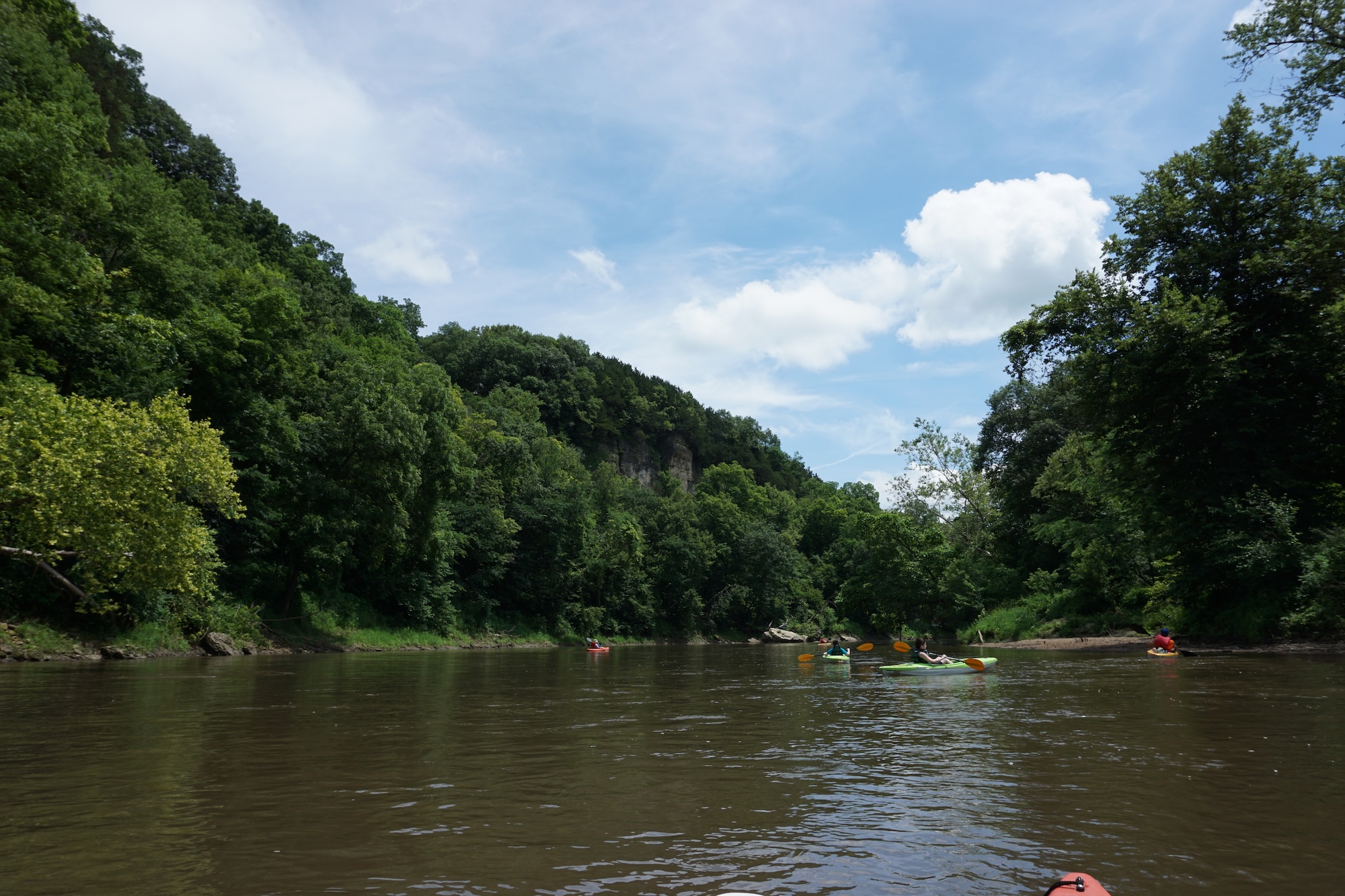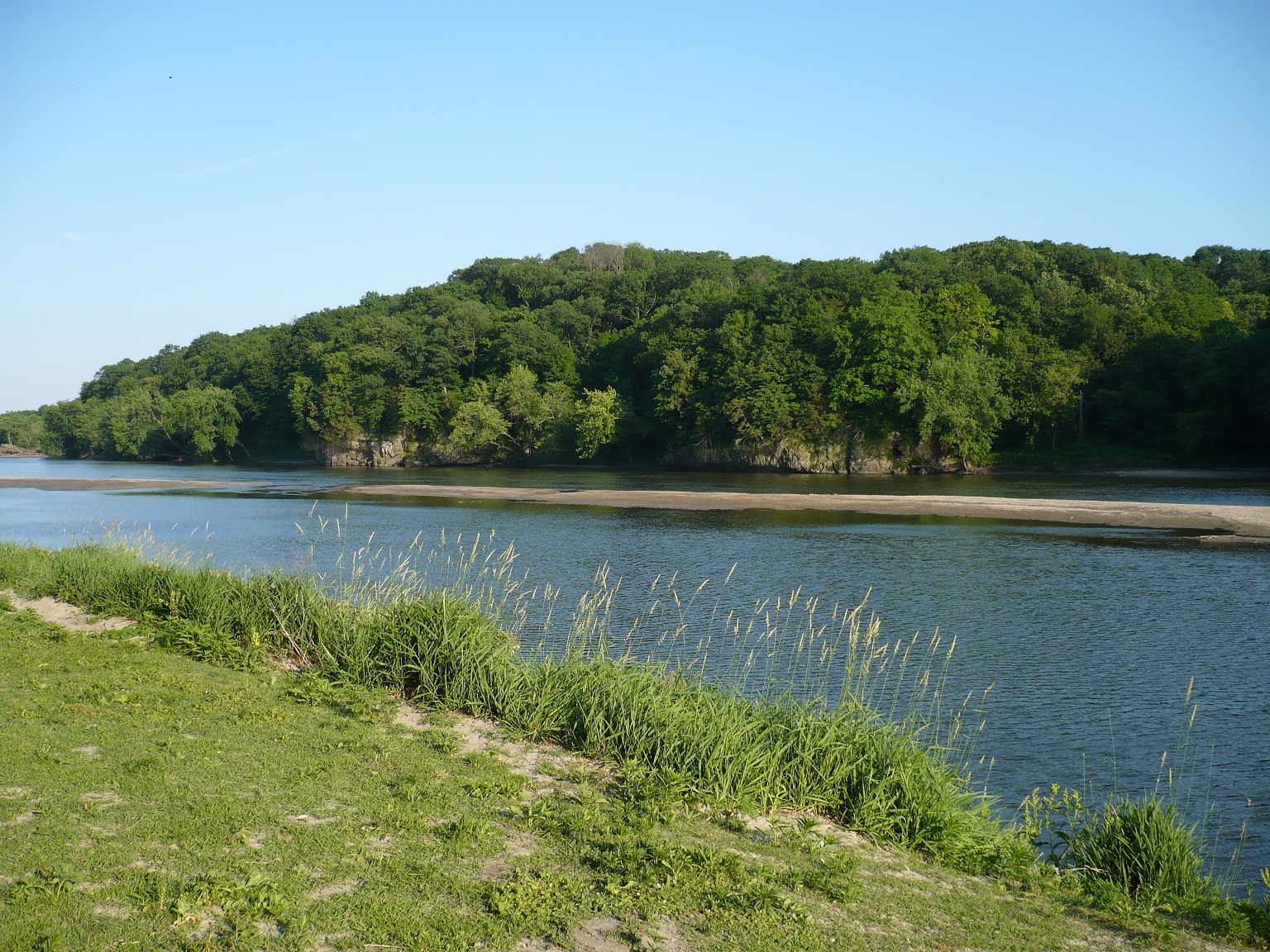Pam Mackey Taylor is the Director of the Iowa Chapter of the Sierra Club.
Every three years, the Iowa Department of Natural Resources (DNR) conducts a Triennial Review of its water quality standards. Part of the review is a determination of what changes need to be made to Iowa’s existing water quality standards.
The agenda for the Triennial Review was simple. The DNR intends to focus on the following topic areas related to water quality standards:
- Tribal reserved rights
- Antidegradation
- Human health criteria
- Chapter 61/Surface Water Classification document cleanup
- Use attainability analysis
- PFAS (per- and polyfluoroalkyl substances, sometimes called “forever chemicals”)
- Lake nutrients
After digging into these topics during the review meeting, what jumped out was the lack of investment the State of Iowa and the DNR have made in water quality and improved water quality standards over the last two decades.
Continue Reading...


